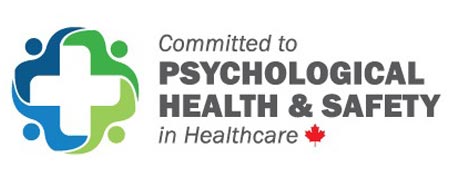Do you find it is difficult to focus on work?
Are you experiencing an increase in frustration or irritability at work?
Do you have trouble staying motivated at work?
Burnout is characterized by three types of symptoms:
- exhaustion
- alienation from (work-related activities)
- reduced performance
Stages of Burnout
Winona University designed a five-stage model of burnout which is supported by peer researchers.
Which one resonates with you?
marked by high job satisfaction, commitment, energy, and creativity, the key issue is what patterns of coping strategies you begin to develop when facing the inevitable stresses of the job. In theory, if the patterns of coping are positive, adaptive, then you will remain in the honeymoon stage indefinitely. But few persons do.
as opposed to the unbridled optimism and positiveness of Stage 1, you now are clearly aware that some days are better than others regarding how well you are handling the stress on the job. An awareness of a noticeable increase in the following is indicative of Stage 2:
2.1 job dissatisfaction
2.2 work inefficiency, including avoiding making necessary decisions, “losing” stuff at work (even on your desk!), etc.
2.3 fatigue (a general fatigue, often accompanied by deep muscle fatigue)
2.4 sleep disturbances (often that you are so “busy” in your head that you can’t get to sleep)
2.5 escapist activities of choice (including eating, drinking, smoking, zoning out in front of the TV, etc.)
marked by an intensification of some of the same indicators cited in Stage 2, including
3.1 chronic exhaustion
3.2 physical illness (remember that stress is a risk factor in many diseases)
3.3 anger, depression
the symptoms become critical
4.1 physical symptoms intensify and/or increase in number
4.2 obsessing about work frustrations
4.3 pessimism and self-doubt dominate thinking
4.4 you develop an “escapist mentality”
The symptoms of burnout are so embedded in your life that you are more likely to be labeled as having some significant physical or emotional problem than you are to be called a burnout case.





